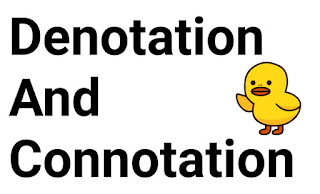IDIOMS
You can often guess the meaning of an idiom from the context it is used on. If you use a dictionary, you should decide which word in the phrase is key. For example, pick and brain are key in the idiom above. However, it can be hard to identify which words are key in an idiom and some dictionaries use references to all key words. Idioms are normally clearly identified in dictionaries, for example '[IDIOM]'.
Exercise
Read the passage below and underline the Idioms. What does each idiom mean?
I was in the supermarket the other day when this man caught my eye. He came over and asked me to give him a hand carrying his bags to the car. Well, we were just leaving when a shop assistant asked to look in the bags. Full of stolen food! I couldn't believe my eyes! And he nearly died when I told him I'm a police officer and arrested him. I hope he's learnt his lesson...but I don't suppose he has.
Answers
1. caught my eye: got my attention
2. give him a hand: help him
3. I couldn't believe my eyes: I was very, very surprised by what I saw
4. nearly died: was very, very surprised/shocked
5. he's learnt his lesson: learnt from this experience and so will change his behavior
Generally, the pronouns and possessive adjectives can change in these Idioms. For example, you can say he caught my eye or I caught his eye or I learnt my lesson. We can change the tense of any of the verb in the Idioms. Idioms are not used frequently. They are almost always used in an informal register. 😊



Learned something...
ReplyDelete